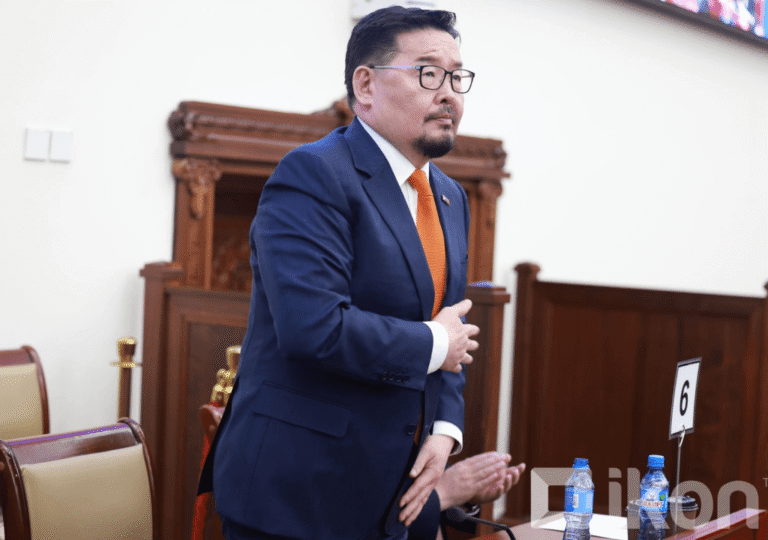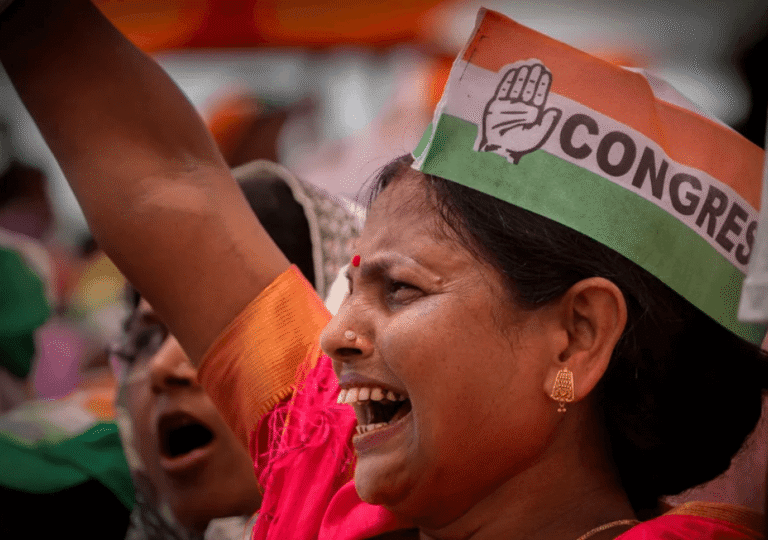The prospect of a unified Korea appears remote. The Korean Peninsula continues to be separated, housing a shared population in two separate nations: one receiving support from Russia and China, and the other backed by the United States and Japan. Despite some advancements in the last decade, North Korea emphatically dismisses any prospects for future cooperation and negotiations. At the moment, there is a clear division among the politicians of the two nations, highlighting ongoing challenges that impede the reunification of Korea and reminiscent of the sorrowful consequences of sibling strife.
As per state media reports, Kim Jong-un, the North Korean leader, declared on Friday that South Korea has once again become the North’s “primary foe.” He asserted that the nation would be safeguarded through force rather than diplomatic negotiations. Kim said this at a moment when North Korea had recently given up on its long-standing objective of uniting with South Korea. Instead, the North has insisted on formalizing its pledge to “completely occupy” South Korea land in the event of hostilities. Kim stated, “Defining the South Korean puppets as the most harmful primary foe and invariable principal enemy and deciding it as a national policy to occupy their territory in the event of a contingency is a reasonable measure for the eternal safety of our country and the peace and stability of the future.”
Kim also called for full-fledged battle readiness and a strengthened military might during a visit to the defense ministry on Thursday to mark the 76th anniversary of the North’s Korean People’s Army’s creation. Rejecting the notion of pursuing peace through discussions, Kim said, “Peace is not something that should be begged for or gained in exchange for talks.” The North, he claimed, no longer saw the need to go through the “unrealistic ordeal” of cooperating and holding negotiations with the South.
North Korea has been more aggressive in its criticism of and military provocations against the South in recent times. This is especially true after Kim described inter-Korean relations as that of “two states hostile to each other” at a party end-of-year gathering, claiming that efforts to bring the two Koreas together are pointless.
North Korea has officially terminated its economic collaboration with South Korea. During a plenary meeting of the Supreme People’s Assembly on Wednesday, officials voted unanimously to abolish the law governing inter-Korean economic cooperation. The decision reflects a broader move by the Supreme People’s Assembly to annul all agreements aimed at fostering economic collaboration with South Korea.
Concurrently, the legislative assembly has passed resolutions to revoke laws associated with economic relations with Seoul, including those governing the once-prominent Mount Kumgang tourism project. This initiative, symbolizing past economic cooperation, had its origins during a period of engagement between the two Koreas in the early 2000s, attracting nearly 2 million South Korean visitors to the scenic mountain just north of the eastern border. This development unfolds against the backdrop of a significant deterioration in relations between the two Koreas.
Yoon Suk Yeol, the president of South Korea, accepted the “extraordinary change” in North Korea’s inter-Korea policy but said he had trouble understanding the underlying reasoning. Yoon emphasized that, in spite of the change, North Korea has continued to advance communism during the previous 70 years, which has culminated in the country’s pursuit of nuclear weapons that might endanger South Korea. Yoon, who is well-known for taking a strong stand against Pyongyang, expressed a willingness to communicate, even suggesting a summit with Kim and providing assistance with finances. He did point out that many view the North Korean leadership as “not a rational group.”
The potential reunification of Korea holds the promise of significantly reshaping the regional power dynamics, particularly given South Korea’s current standing as a regional powerhouse. In September 2009, Goldman Sachs conducted an in-depth exploration of the economic implications of a unified Korea in its 188th Global Economics Paper titled “Reassessing North Korea Risks and A United Korea.” The paper offered a comprehensive analysis of the economic strength that a united Korea could command, surpassing several G7 nations, including Canada, Germany, France, Italy, the United Kingdom, and potentially Japan, within 30–40 years post-reunification. The projected GDP is estimated to exceed $6 trillion by 2050. Key factors identified as propelling this potential growth include the combination of a youthful, skilled labor force and abundant natural resources in the North, coupled with advanced technology, infrastructure, and substantial capital in the South. Additionally, Korea’s strategic location, linking three major economic powers, further contributes to the envisioned economic prowess.
However, some argue that as long as the country remains divided, people may not be actively concerned about reunification. Surveys in South Korea indicate that younger generations are less preoccupied with this issue compared to their older counterparts, as they are forging distinct identities separate from the North. Meanwhile, the attitudes of North Korean citizens, who are less exposed to the outside world, may also differ significantly, suggesting a preference for maintaining separate entities. It is evident that negotiations and peaceful means alone will not lead to Korean unification. The only foreseeable scenarios for a unified Korea, given recent developments, involve the collapse of communism in the North, the presence of a robust leadership figure from the South, or a notable global conflict.








